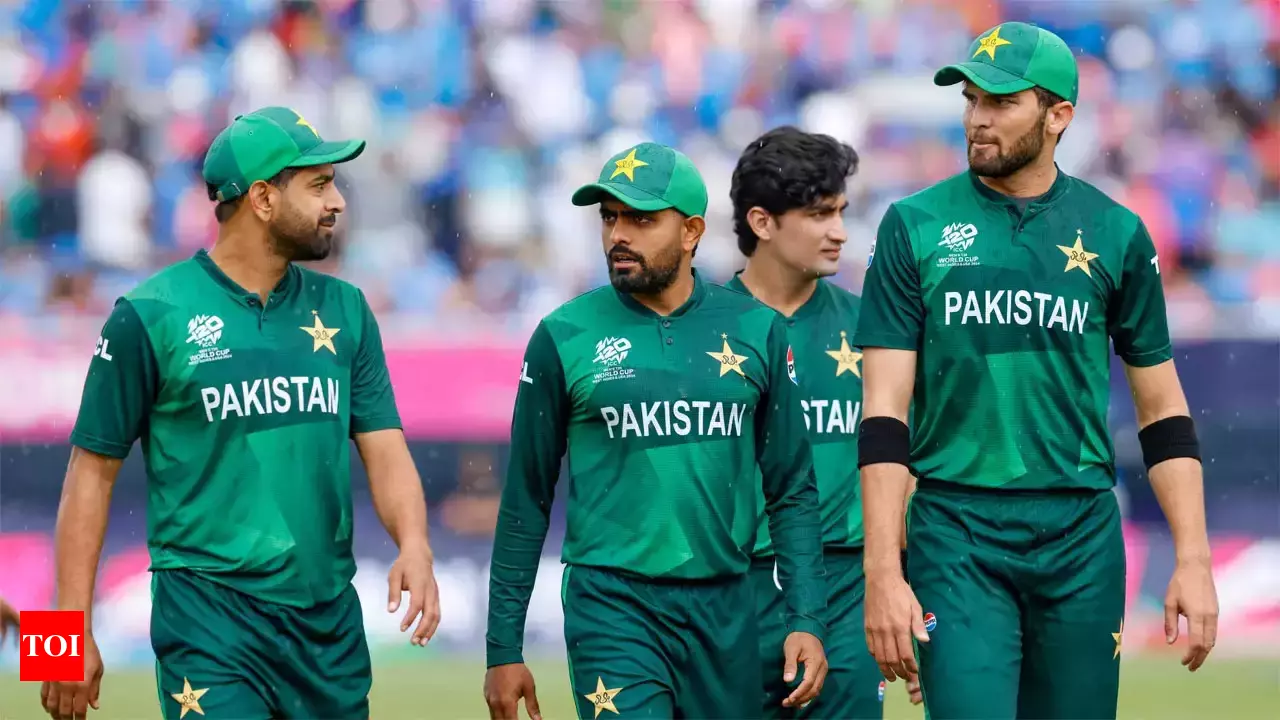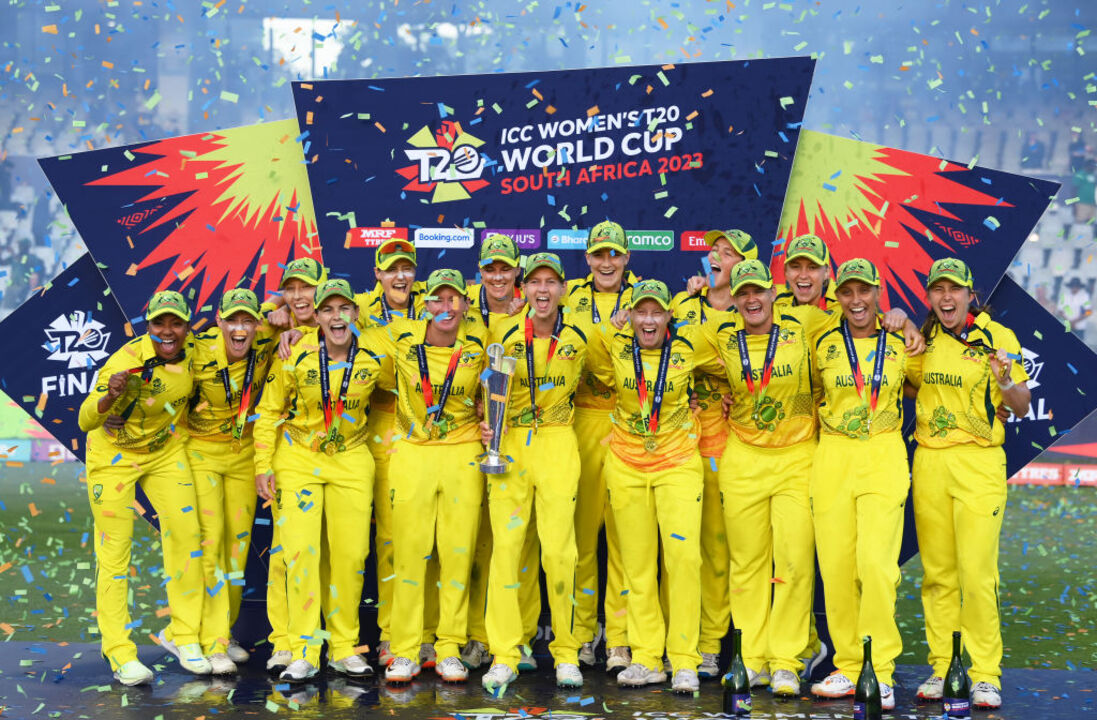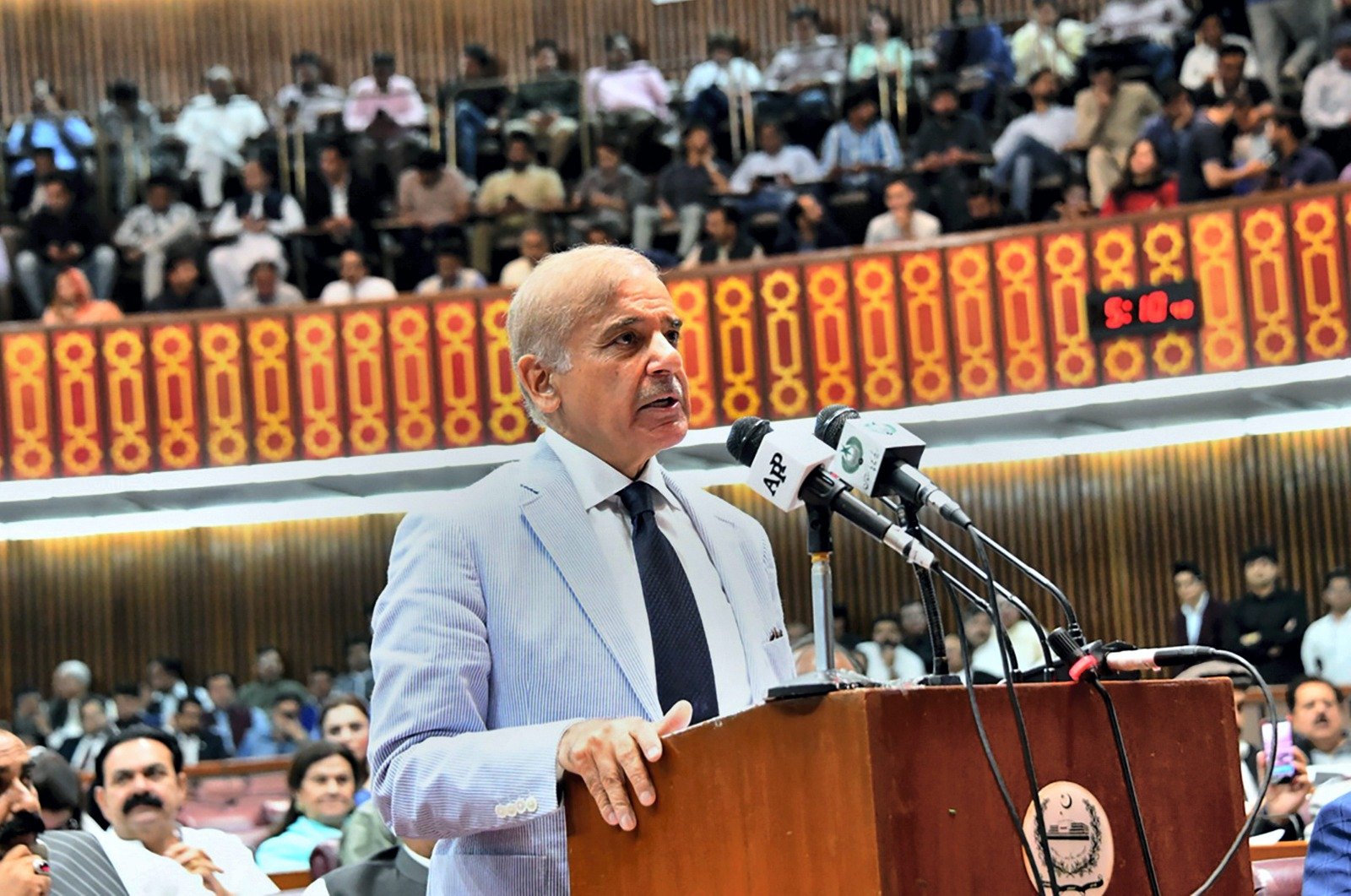Pakistan Cricket Struggles Post-T20 World Cup: Big Players Fail to Deliver

After the ICC T20 World Cup, there were discussions about significant changes in Pakistan cricket, but no substantial “surgery” was done. As a result, the performance of key players has not improved, and the team’s overall form has been disappointing.
Babar Azam’s Prolonged Slump
Babar Azam, the world’s number one batsman, is experiencing a severe dip in form. He has failed to score a half-century in his last 16 Test innings. During the recent two-match Test series against Bangladesh, Babar managed just 64 runs at an average of 16, with a highest score of 31. His performance in the T20 World Cup in the USA was also underwhelming, with scores of 44 not out against the USA, 13 against India, 33 against Canada, and 32 against Ireland.
Since his last Test half-century against New Zealand at the National Stadium Karachi on December 26, Babar has accumulated only 331 runs in 16 innings, including disappointing scores of 0, 22, 31, and 11 in the recent series against Bangladesh.
Struggles of Other Key Players
Captain Shaan Masood has also struggled to secure his place in the team, scoring just 105 runs at an average of 26 in the series, with a top score of 57 in the second Test.
Mohammad Rizwan was a standout performer, scoring 294 runs, including a century and a half-century, with a best score of 171. However, other players like Saud Shakeel, who scored 159 runs in the first Test, and opener Saim Ayub, who managed 135 runs in four innings with two half-centuries, also showed mixed performances. Salman Ali Agha scored 120 runs at an average of 40, while opener Abdullah Shafiq struggled with just 42 runs at an average of 10 in four innings.
Pakistan’s Series Woes
Pakistan is now facing the prospect of a third consecutive series defeat on home ground, following a 1-0 loss to Australia and a 3-0 defeat to England. The team’s inability to perform consistently at home has raised concerns about the need for substantial changes in strategy and player selection.










